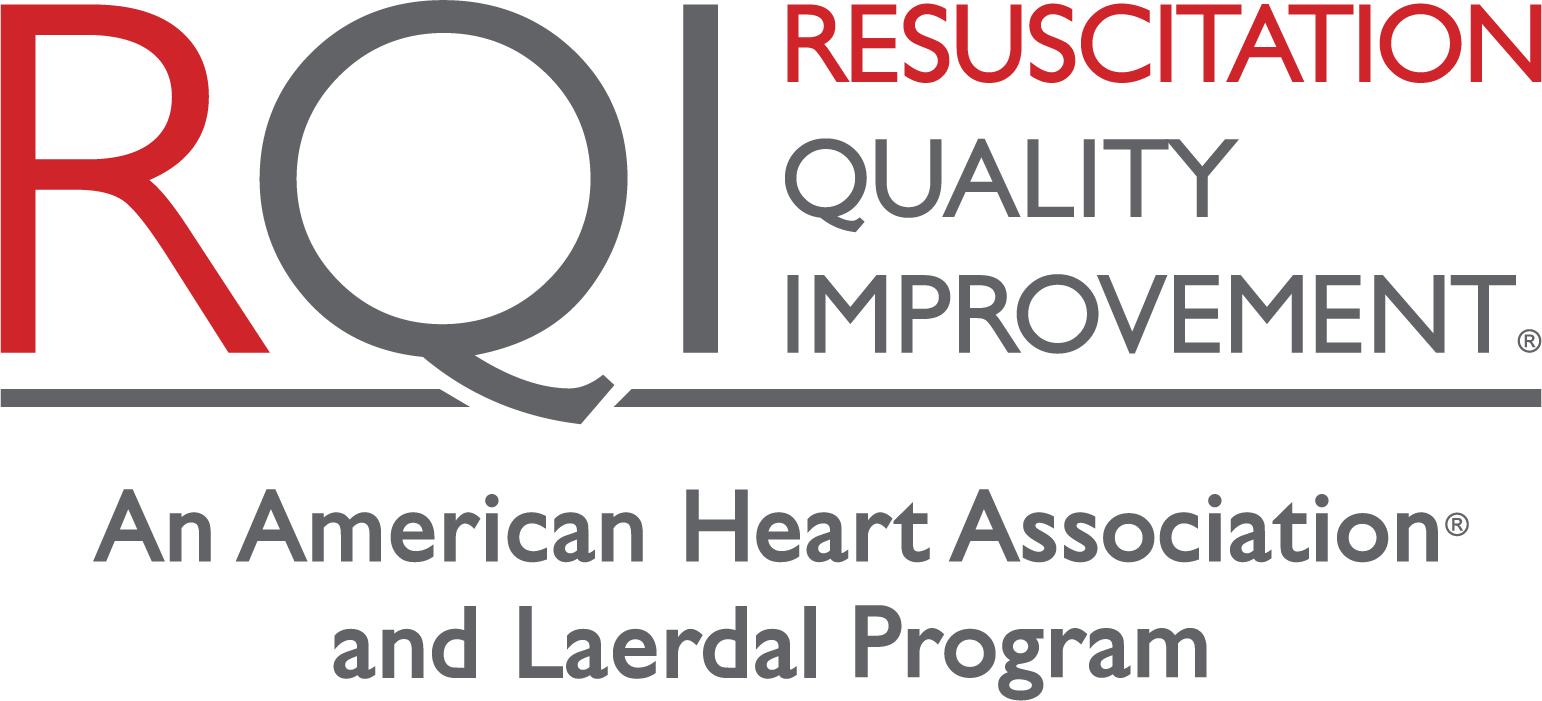International, Mastery Learning
Certified basic life support instructors identify improper cardiopulmonary resuscitation skills poorly: Instructor assessments versus resuscitation manikin data
Cardiopulmonary resuscitation: the science behind the hands
Assessment, Feedback, International
Use of a Real-Time Training Software (Laerdal QCPR®) Compared to Instructor-Based Feedback for High-Quality Chest Compressions Acquisition in Secondary School Students: A Randomized Trial
Accuracy of instructor assessment of chest compression quality during simulated resuscitation
The use of objective and technology-based measures of chest compression quality for feedback in simulated resuscitation settings is supported.
Assessment of BLS skills: Optimizing use of instructor and manikin measures
International, Low Dose, High Frequency, Mastery Learning
Assessment of Longterm Impact of Formal Certified Cardiopulmonary Resuscitation Training Program Among Nurses
Traditional CPR training programs increase CPR knowledge and skill, but significant long-term effects could not be found. Regular and periodic recertification of CPR skills is needed.
Assessment, Deliberate Practice, International
Automated Testing Combined With Automated Retraining to Improve CPR Skill Level in Emergency Nurses
Automated testing with feedback effectively detected emergency nurses who needed CPR retraining; this type of training and retesting improved skills to a predefined pass level.
Assessment, Feedback, International
Assessing practical skills in cardiopulmonary resuscitation Discrepancy between standard visual evaluation and a mechanical feedback device
This study shows lack of agreement between human raters and the feedback device in assessing the quality of external chest compressions.
International, Low Dose, High Frequency, Mastery Learning
Confidence vs Competence: Basic Life Support Skills of Health Professionals
Healthcare assistants and other support staff would benefit from more frequent resuscitation training to develop core BLS skills.
